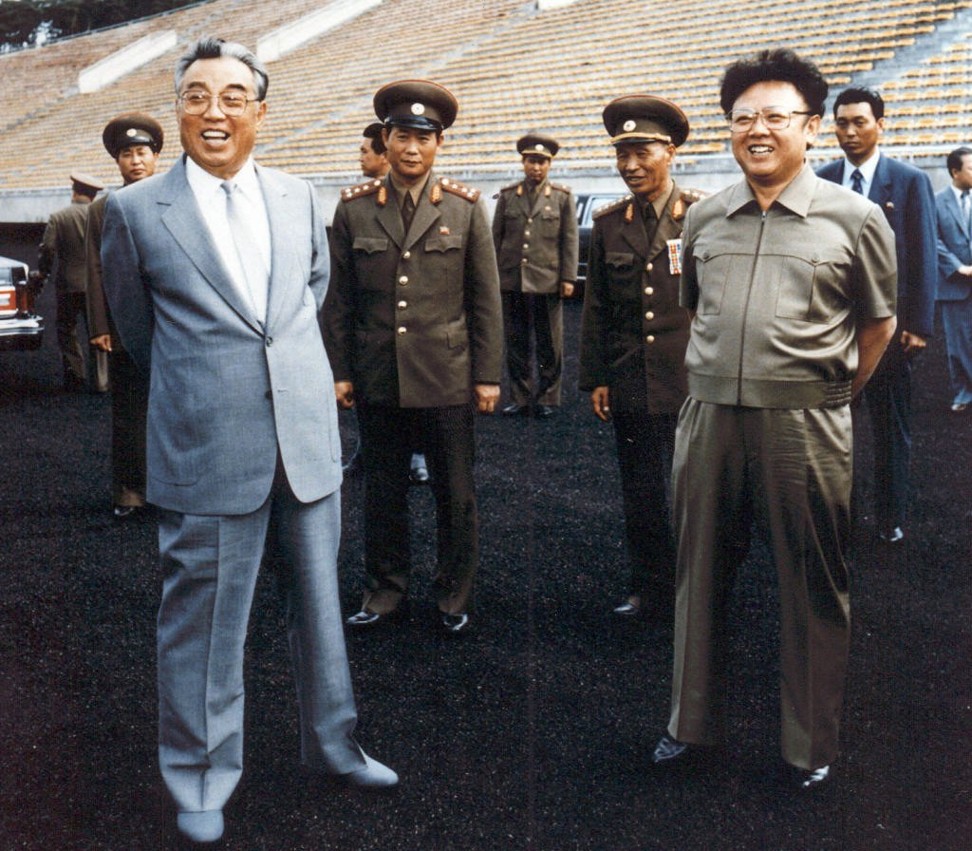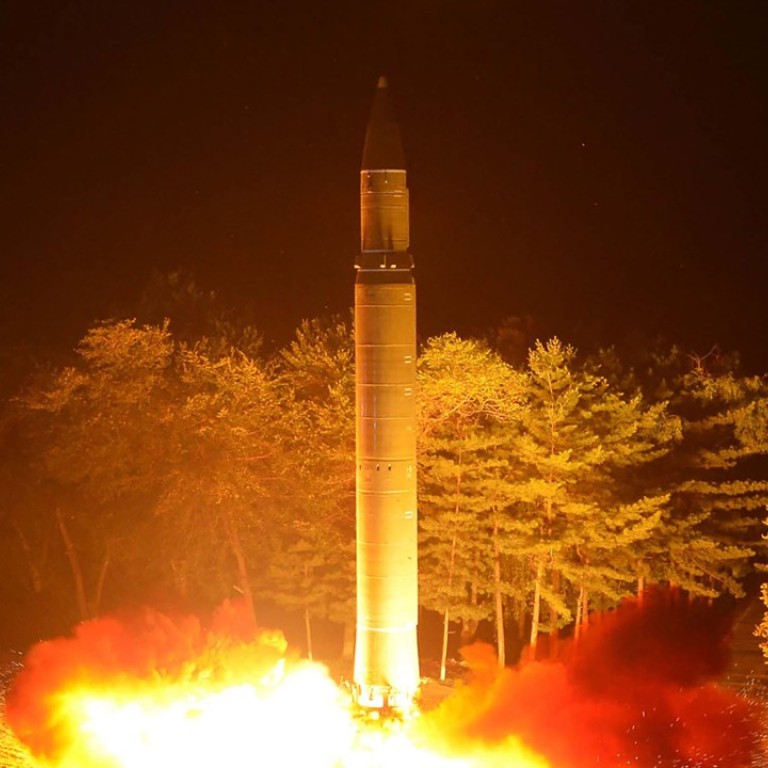
Exclusive | Kim Jong-un’s rejection of father’s pledge led to North Korean nuclear crisis, Chinese ex-diplomat says
Beijing will never accept Pyongyang as a nuclear power, China’s former head of Korean peninsula affairs Yang Xiyu says
North Korean leader Kim Jong-un is to blame for the deterioration of Sino-North Korean relations by abandoning the denuclearisation commitments made by his father and grandfather, a former Chinese diplomat in charge of Korean affairs said yesterday.
Yang Xiyu, who was in charge of Korean peninsula affairs at China’s foreign ministry from 2004-05, and also involved in the stalled six-nation nuclear talks, told the South China Morning Post that Beijing would never accept North Korea as a nuclear power and that Pyongyang’s recent diplomatic slur had been humiliating for China.
He was referring to the visit to Pyongyang of Song Tao, President Xi Jinping’s special envoy, who was refused a meeting with Kim while on a four-day visit to North Korea last month.
“Communications between China and North Korea have experienced a setback. It was a humiliation [that Song was not received by Kim],” Yang said.
“The deterioration of bilateral ties is rooted in the widening divergence on the nuclear issue. It is because North Korea changed, not China,” he said.
During his trip to Pyongyang, Song met with Kim’s right-hand man Choe Ryong-hae, and according to state media reports, briefed him on the outcome of China’s Communist Party congress in October. The two sides also pledged to continue to promote Sino-North Korea ties.
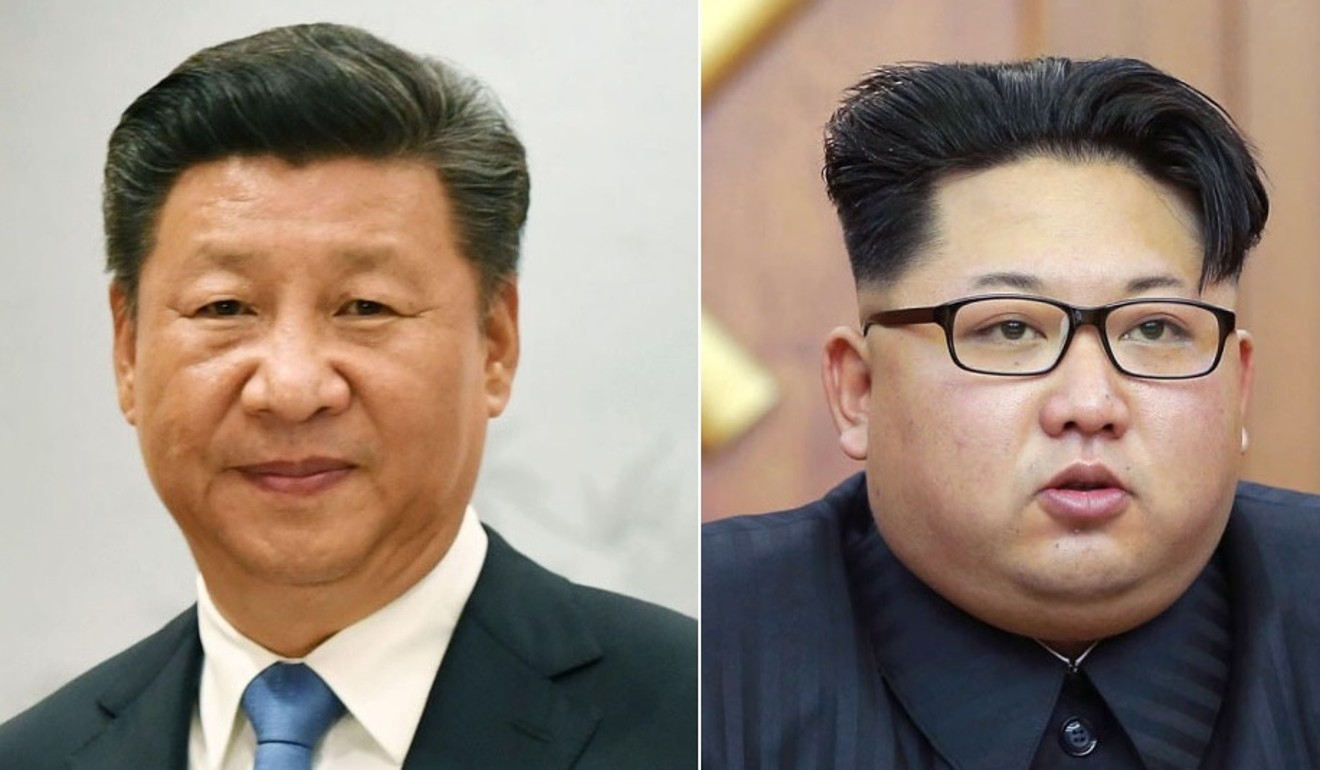
The problem, however, was that the once shared goal of China and North Korea to denuclearise the Korean peninsula had been shattered because Kim reneged on the commitments made by his father Kim Jong-il and grandfather Kim Il-sung, Yang said.
“Now, China and North Korea do not have a shared position on the nuclear issue, because North Korea’s current leaders have completely abandoned Kim Il-sung’s initiative,” he said.
Pyongyang’s repeated nuclear and missile tests – with the latest apparently showing North Korea’s ability to land a warhead on the mainland United States – have seen tensions soar across the region and around the world.
In response, China has endorsed United Nations Security Council sanctions against its restive neighbour, including stopping coal imports, and cutting exports of energy and commodities, which are believed crucial to Pyongyang’s nuclear ambitions.
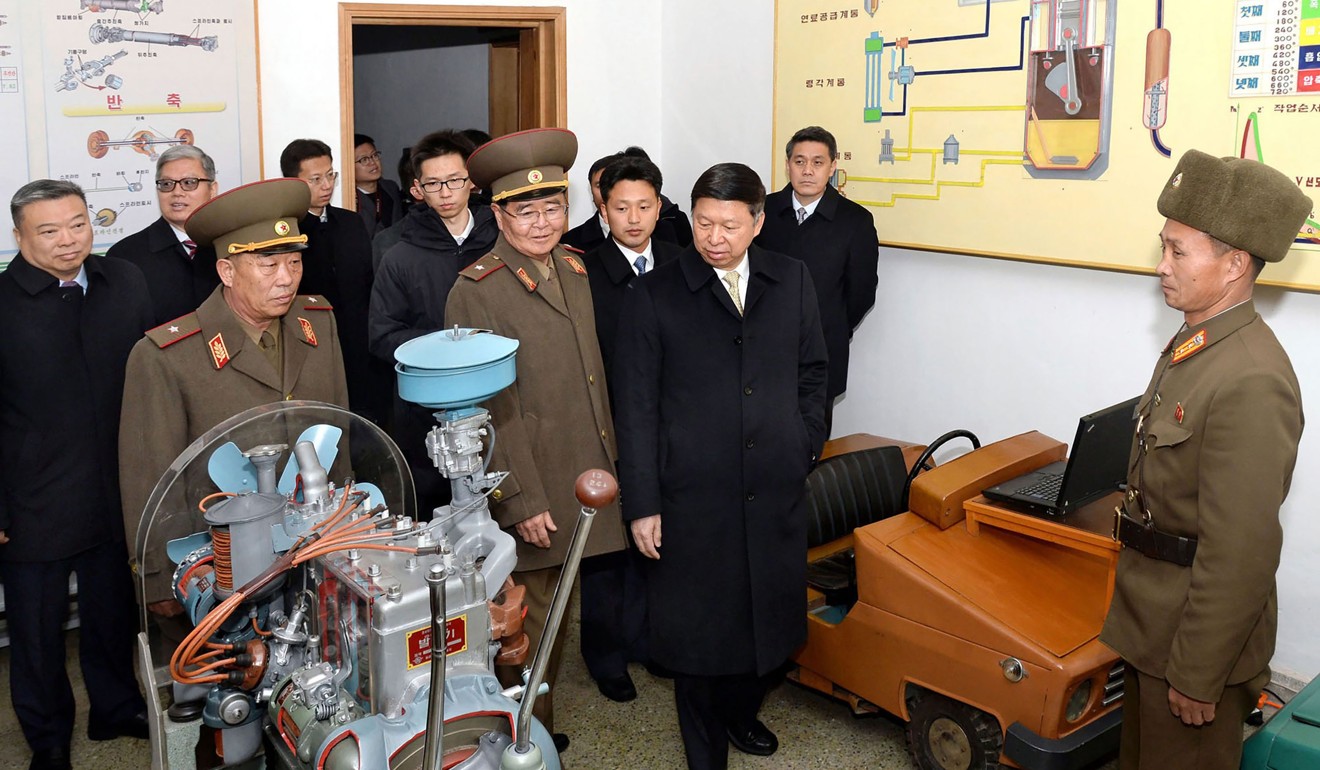
A clear sign that the situation was worsening came when China’s state-run Jilin Daily ran a full-page article recently telling people what to do in the event of a nuclear attack.
Yang, who is currently a senior fellow at the China Institute of International Studies, a think tank affiliated to the foreign affairs ministry, said that while Beijing needed to be prepared for different outcomes, its “dual suspension” approach – which calls for the US and South Korea to suspend their joint military drills in exchange for North Korea halting its weapons programme – was still the right way to go.
“If we step back from the goal of denuclearisation now, it would be a failure of the will of our nation,” he said. “If the international community allows North Korea to develop nuclear weapons it is a collective failure … More importantly, it is a huge threat to China’s national security. Therefore, on this issue, China has no room for compromise.”
Beijing would never accept North Korea as a nuclear power, he said.
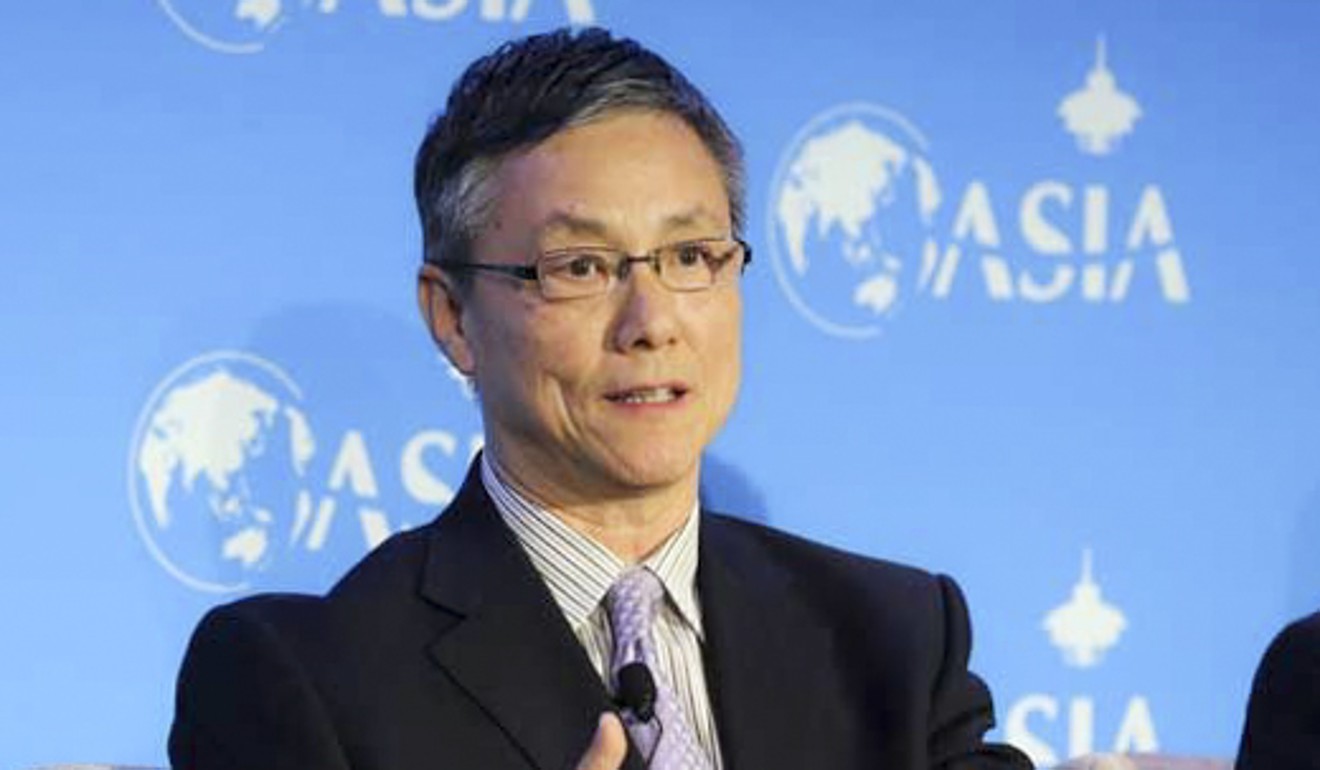
While the UN sanctions have so far failed to derail North Korea’s nuclear and weapons programmes – resulting in the “worst situation in 50 years” – Yang said he believed they would pay off in the long term.
“Developing nuclear weapons won’t guarantee [North Korea’s] security, and will only make things worse,” he said, adding that if Kim wanted to maintain his regime, he would eventually have to move money away from developing weapons and channel it into the economy.
“Can Kim bear the cost of international sanctions for five or 10 years?” he said. “Can North Korea develop its economy under the current conditions?”
On the issue of Russia’s involvement in North Korea, Yang said he welcomed the approaches made by Moscow to help broker peace, but doubted it could play a major role.
The ties between Moscow and Pyongyang were not strong enough, he said, adding that tensions between Moscow and Washington would also be detrimental to Russia’s efforts on the issue.
Whatever role Russia did end up playing, it would not overshadow China’s influence on Pyongyang, he said.


